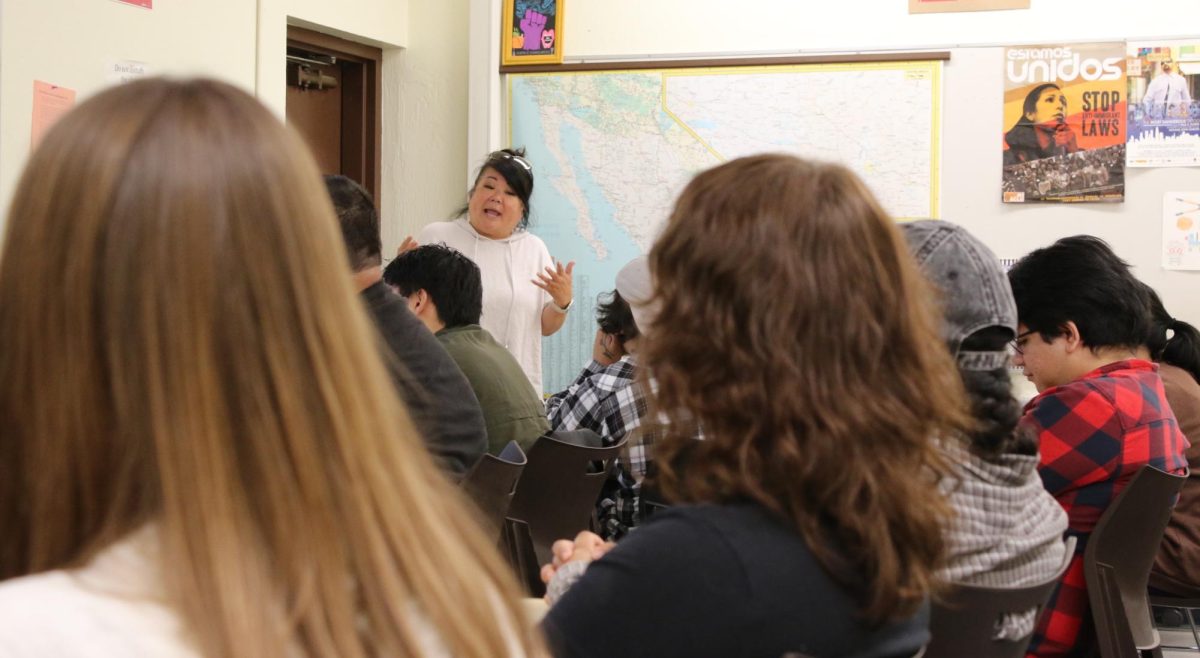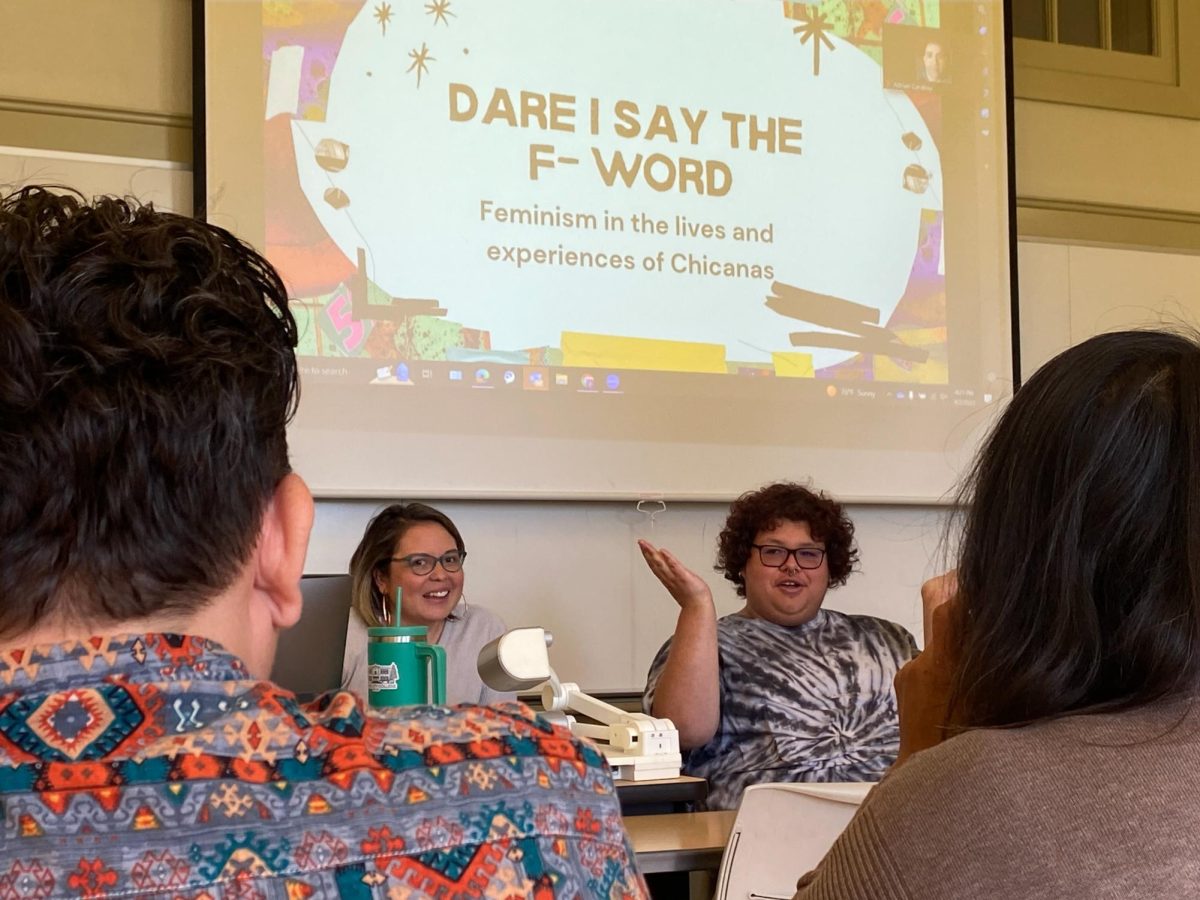A majority of people have probably never heard the somber clang of a prison door shut behind them, nor have they endured the pain, misery and loneliness of life behind bars. However, more than one in 100 Americans is in the U.S. prison system, a majority of them for drug related offenses.
Life gets even harder when felons are returned into society — an uncertain future and battles to re-adjust to life. They must contend with the State Parole board which applies a strict code of adherence to parolees while they live among the lure of drugs – the biggest cause of incarceration. For most ex-cons, staying out of jail comes down to keeping away from drugs, the lifestyle that got them there to begin with.
That is exactly where the Alcohol and Drug Abuse Counseling Program at Fresno City College comes in. This program which serves as many as 350 students presents second chances to those re-entering society from long jail sentences and drug use.
Such is the case with Larry Contero, a 51-year-old FCC student who is pursuing a degree in the Alcohol and Drug Abuse Counseling Program. Contero spent 15 years in some of California’s toughest maximum security prisons, including the infamous Pelican Bay.
He was sentenced to 15 years in a level four security at Pelican Bay. He was charged with second degree murder but was convicted on voluntary manslaughter with a firearm. Contero said he was so far into meth that he carried three different guns. After a drug deal gone bad, he committed a crime and hid in the foothills of Oakhurst in the dead of winter for three days. Helicopters and foot patrols were looking for him. He finally made a deal with God. He asked God to let him see his three daughters one more time as he decided to turn himself in.
Crying uncontrollably and clutching a photograph of his daughters, Contero knocked on a stranger’s door in Raymond. The homeowner took mercy on his soul. He called his sister and who took him to a Coarsegold church where he saw his three daughters before he turned himself in. He, however, says he is one of the fortunate ones because he was able to start his recovery in 2007 while he was still in jail.
“There’s more drugs and alcohol in prison, than on the streets of Fresno,” he said. “By the grace of God, I never made it to Hell.”
Jim Kirby, director of the Drug and Alcohol Counseling Program at FCC, said that about 30 to 35 percent of the students in the program are committed to the degree portion of the program and will hopefully pursue a position in the counseling field. “Of these, about 50 to 60 percent have a felonious background,” Kirby said.
In California, the tough economy has forced many of workers residents back to the community colleges, looking for a second chance. The returning felons, unfortunately, must compete with the same citizens for job training and education opportunities.
Many parolees find it too difficult to commit to the dedication and hard work it takes to succeed in education after the torture of being institutionalized. The percentage of them that graduate is low compared to the numbers that can just stay clean and sober, and the process.






